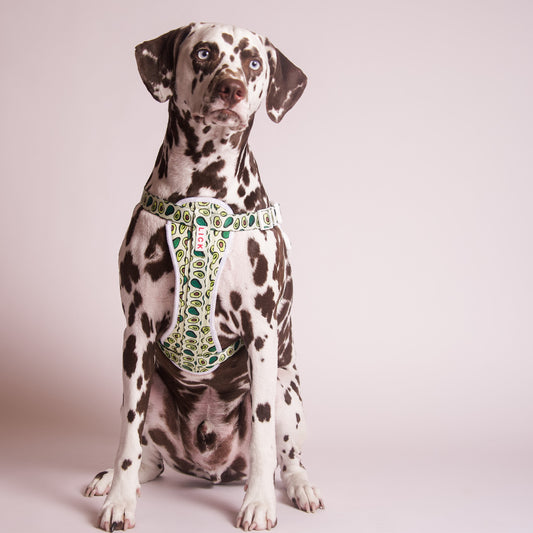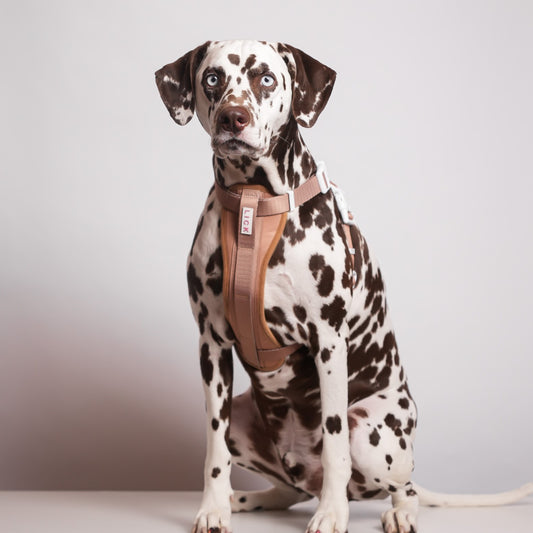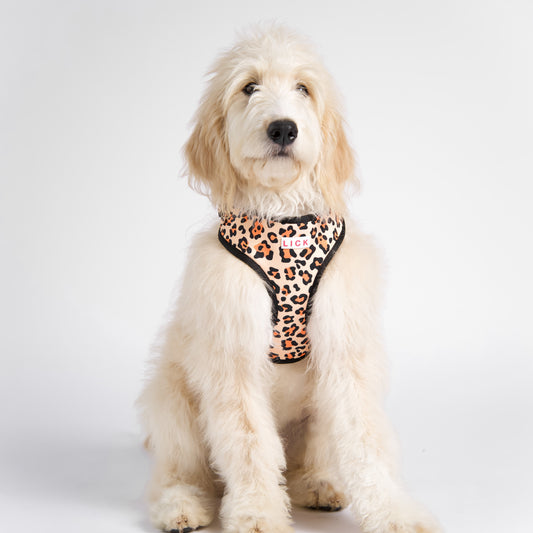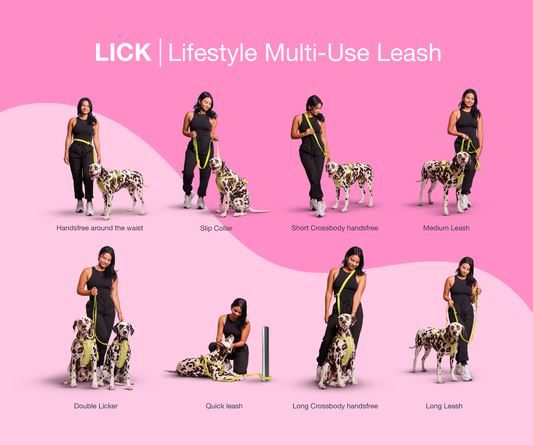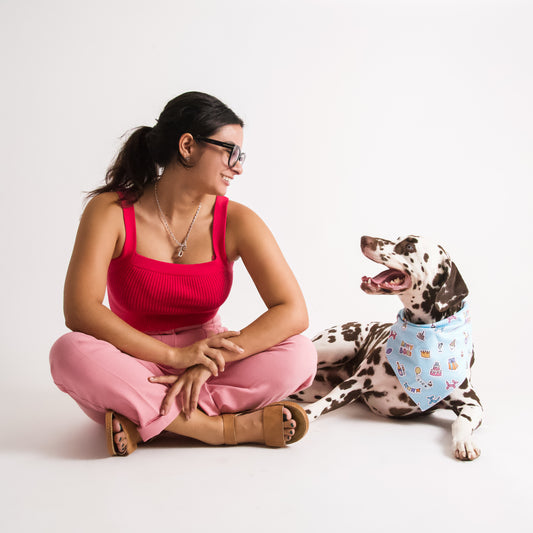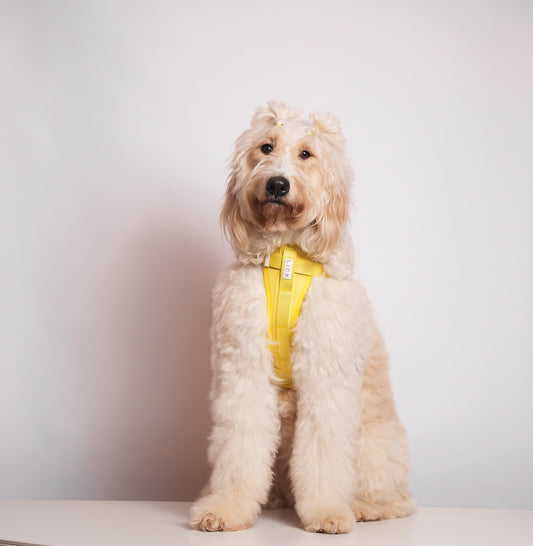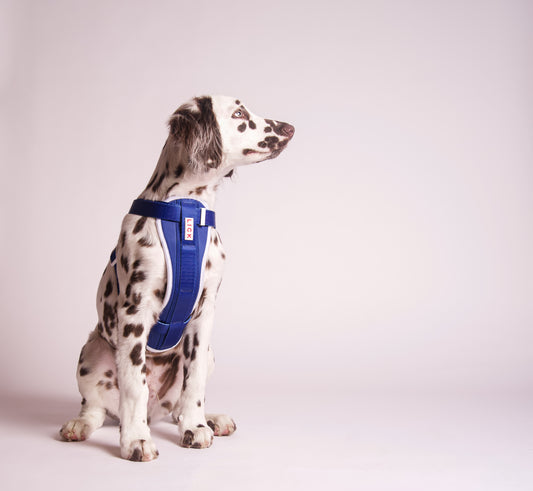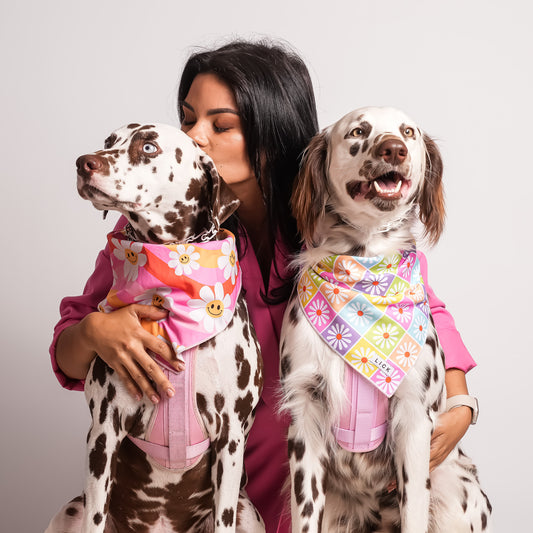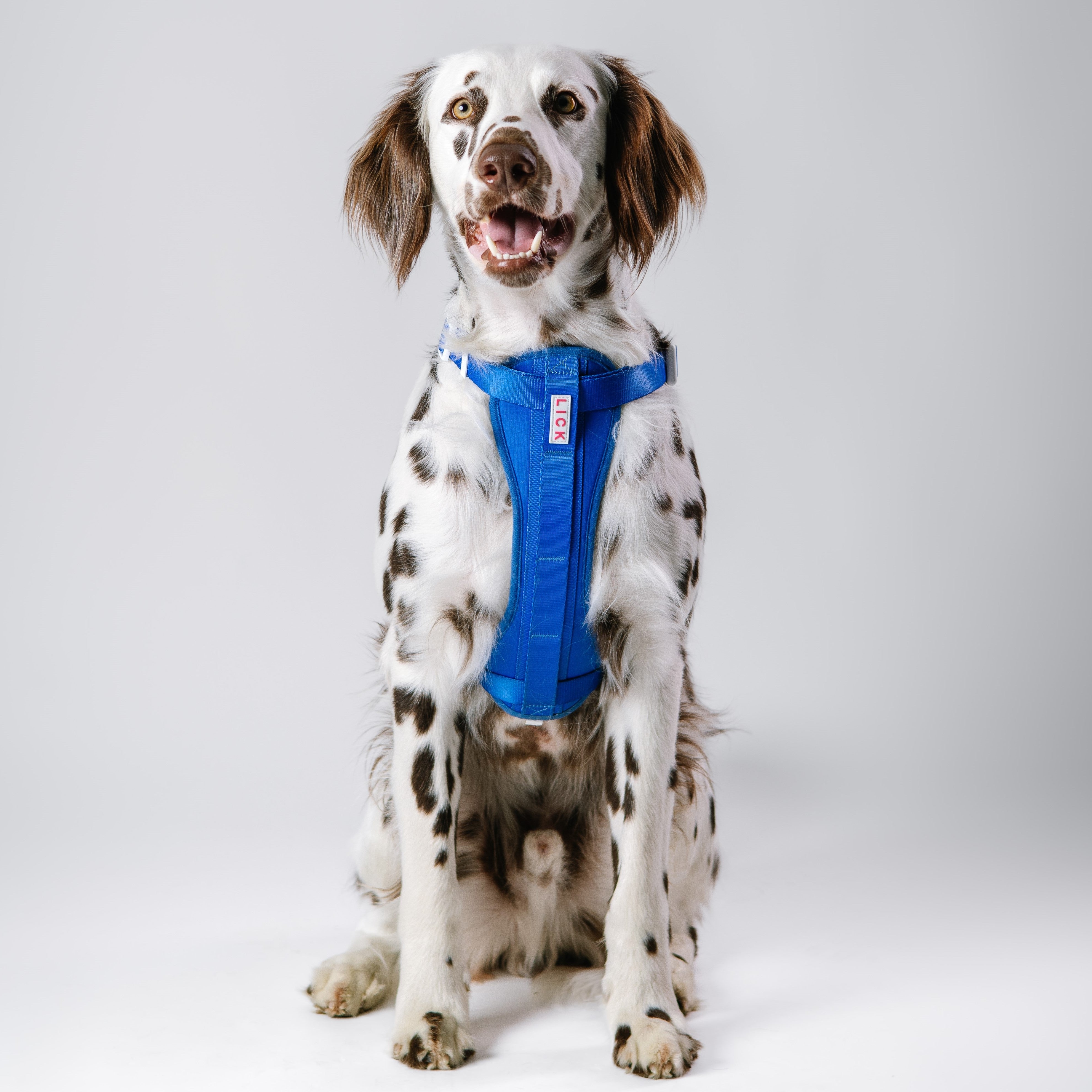
Tips On Keeping Pets Safe During Fireworks
Happy Pawlidays LICKERS!
The holidays can be especially exciting for our lickers; from crowded parties, to toxic foods, loud fireworks, we've got some tips on what to look out for to keep your licker safe during Christmas time.
During the holidays in Puerto Rico we tend have many guests over for gatherings and delicious dinners. It is very important that when having guest over we provide our pets with a safe and comfortable place to retreat from guests. If the guest is bringing other pets with them, be sure your pet and the guest pet get along. Some pets are afraid of crowds and/or other pets. Situations like these might overwhelm your pet, to the point where they try to escape, which could lead to them getting lost.
Certain foods are toxic to pets, for some pet-parents that are unaware of the risk that this causes to your pet so please read carefully. Avoid feeding your pets anything containing chocolate, baked treats that may contain xylitol, grapes/raisins, onions or other toxic foods. This can expose your licker to food sensitivities or illnesses that may disrupt his/her digestive tract. Educate well-intentioned guests of any food sensitivities your pet may have and carefully inspect anything guests may bring or give to your pets. Other foods that should be off limits to pets include turkey and turkey skin. Even in small amounts “pernil” can cause life-threatening conditions in pets such as pancreatitis. Gravy and meat fat also should be kept away from pets. Many foods that are healthy for people are poisonous to pets. During the holidays, when our own diets tend to be extra-rich foods this can cause fattening and difficulty digesting for our furry friends.
Tips on how to keep your pets safe during fireworks by: Insider.com
1.Make sure your pets' collars and microchips are up-to-date
2.Don’t bring your pet to see the fire works
3.Use a crate or keep your pet in a quiet room
4.Take your dog for a walk before the fireworks start
5.Play soothing sounds or white noise to calm your pets
6.Encourage hydration
7.Consider a sedative if your pet has a history of anxiety
8.Consider getting your pet a Thundershirt or another anxiety-reducing wearable item
9.Have treats on-hand as a distraction
10.Consider staying home with your animal
